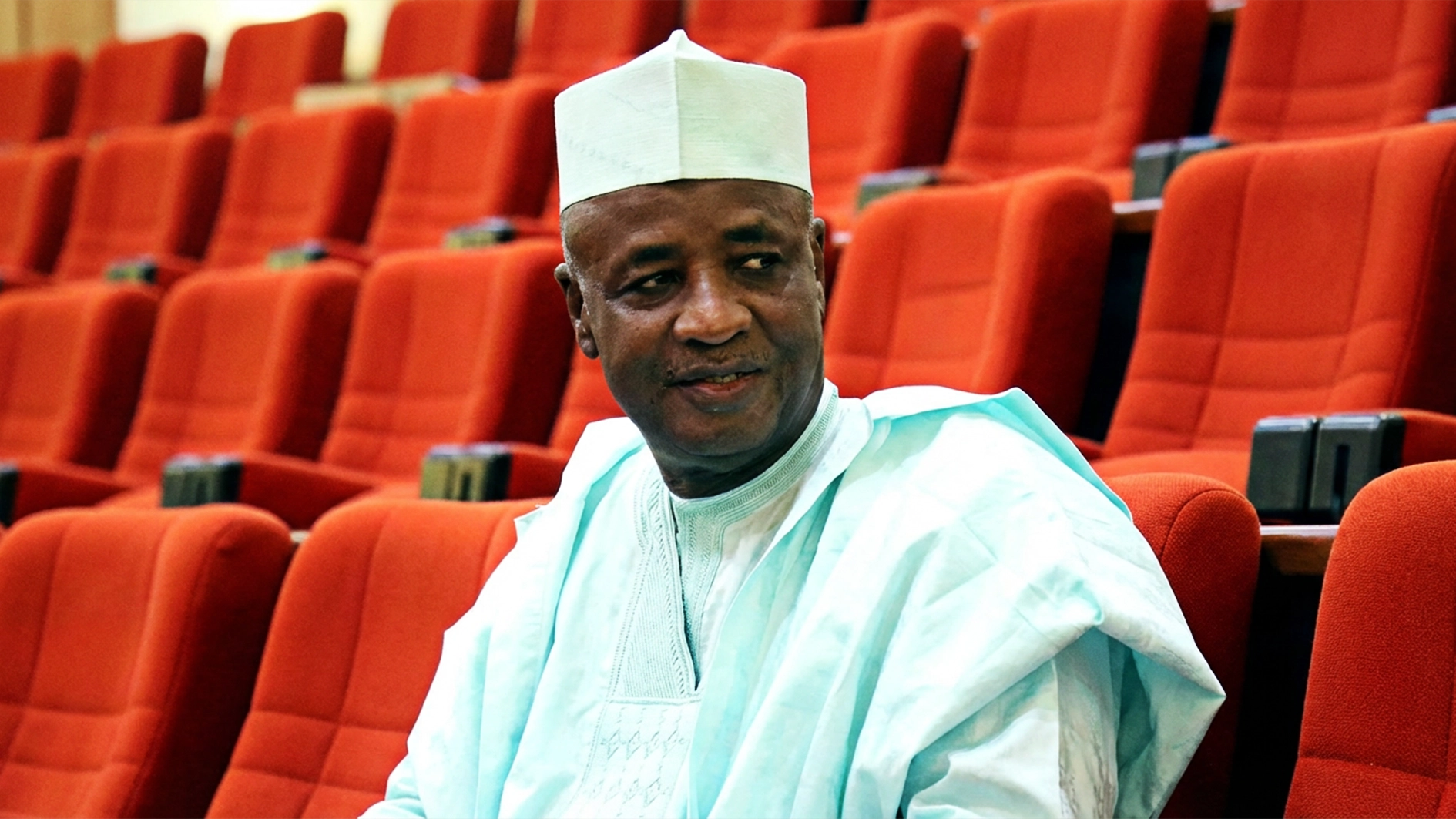
In August 2023, Nigeria embarked on an exciting journey by unveiling a draft National Artificial Intelligence Strategy (NAIS). This groundbreaking initiative, spearheaded by the Federal Ministry of Communications, Innovation, and Digital Economy, in collaboration with the National Centre for Artificial Intelligence and Robotics (NCAIR) and the National Information Technology Development Agency (NITDA), aims to harness the immense potential of AI to tackle financial challenges and transform government operations.
Nigeria, a nation renowned for its resilience and ingenuity, is now setting its sights on AI as a tool to overcome financial crises and enhance governance. The NAIS is not just a strategy; it’s a visionary blueprint designed to bring about a new era of efficiency and innovation in government operations.
Unlocking the Power of AI for Better Governance
1. Smart Data Analysis for Informed Decisions: Imagine having the ability to sift through mountains of data and find the hidden gems that guide policymakers toward effective solutions. AI-driven analytics can do just that, offering insights that help design targeted interventions during economic downturns. For instance, by analyzing economic indicators, AI can highlight areas in need of urgent attention and suggest actionable strategies to mitigate financial distress. This data-driven approach ensures that policy
decisions are not just reactive but proactive and well-informed. According to PwC, AI could contribute up to $15.7 trillion to the global economy by 2030, with significant gains from new products and services (PwC, 2018).
2. Cost-Saving Automation: Picture a world where mundane tasks like payroll processing, tax administration, and fraud detection are handled seamlessly by AI. This not only reduces costs but also ensures precision, which is crucial during financial austerity. Automating these routine processes allows human resources to focus on more strategic and complex tasks, driving innovation and improving overall efficiency.
The savings generated through automation can be redirected to critical areas in need of funding, further stabilizing the economy.
3. Round-the-Clock Public Services: AI chatbots and virtual assistants are like tireless public servants, ready to assist citizens 24/7. They provide quick access to information and services, boosting public trust and satisfaction without straining human resources. Citizens no longer need to wait in long queues or navigate bureaucratic red tape to get their questions answered. With AI, information is just a click away, fostering a more responsive and transparent government.
4. Efficient Resource Allocation: AI can work its magic in critical sectors like healthcare, agriculture, and education, ensuring that every penny is used wisely to benefit the population. By analyzing data and predicting trends, AI can optimize resource distribution, ensuring that essential services reach those who need them the most. For example, in healthcare, AI can help identify areas with high disease prevalence and allocate medical resources accordingly, improving public health outcomes. The International Finance Corporation projects that the strategic adoption of AI could add up to $234 billion to Africa’s GDP by 2030 (International Finance Corporation, 2020).
Overcoming Hurdles on the Path to AI Integration
While AI promises a brighter future, there are challenges to overcome:
1. Bridging Infrastructure Gaps: Nigeria’s digital infrastructure needs a significant upgrade to support widespread AI deployment. Expanding broadband access and modernizing public sector IT systems are vital steps forward. Without robust infrastructure, the full potential of AI cannot be realized. Investments in technology and connectivity are essential to create a foundation for AI to thrive.
2. Closing the Skills Gap: Developing AI expertise within the local workforce is essential. The Federal Ministry of Communication and Digital Economy is rolling out initiatives to equip Nigerians with the necessary skills. Training programs, workshops, and partnerships with educational institutions are being established to build a talent pool capable of driving AI innovation. By nurturing local talent, Nigeria can reduce its dependency on foreign expertise and create a sustainable AI ecosystem.
3. Navigating Ethical and Regulatory Waters: AI’s potential must be harnessed responsibly. Nigeria’s evolving National Artificial Intelligence Policy (NAIP) emphasizes ethical AI use to prevent misuse and ensure accountability. Ethical considerations, such as data privacy, algorithmic fairness, and transparency, are at the forefront of the NAIP. By establishing clear guidelines and regulations, Nigeria can foster a trustworthy AI environment that respects human rights and democratic values.
Charting the Course to Success
To fully embrace AI, Nigerian government agencies should:
1. Invest in AI Education: Building local AI expertise is crucial for successful implementation. Educational institutions should integrate AI courses into their curricula, and government initiatives should support continuous learning and professional development in AI-related fields.
2. Collaborate with Private Innovators: Partnering with the private sector can yield AI solutions tailored to Nigeria’s unique challenges. By working together, government and industry can co create innovative solutions that address specific needs, such as improving agricultural productivity or enhancing public safety.
3. Strengthen Data Protection Laws: Robust data protection is essential for securing citizen information and building public trust. Transparent data practices and stringent security measures will safeguard sensitive information and ensure that AI systems are used responsibly.
4. Pilot AI Projects: Demonstrating AI’s feasibility and building public confidence can be achieved through pilot projects in areas like revenue collection and public health.
These pilot projects serve as testbeds for AI applications, allowing for real-world validation and refinement. Successful pilots can pave the way for broader AI adoption across various sectors.
Conclusion
As Nigeria navigates financial storms, AI offers a beacon of hope for enhancing government efficiency and service delivery. Despite the challenges, strategic investments in infrastructure, education, and ethical frameworks can unlock AI’s transformative potential, fostering resilience and growth even in tough economic times.
The journey to AI integration may be challenging, but with a clear vision and collaborative effort, Nigeria can emerge stronger, more innovative, and better equipped to face the future.
References
1. PwC. (2018). “AI to contribute $15.7 trillion to the global economy by 2030.”
Retrieved from PwC Report
2. International Finance Corporation. (2020). “Strategic adoption of AI to add up
$234 billion to Africa’s GDP by 2030.” Retrieved from IFC Report
Gbadebo Ojikutu is reshaping the landscape of governance and public sector operations in Nigeria through his work at PMCore. Harnessing the power of AI, his efforts drive advancements in service delivery, foster smarter decision-making processes, and provide data-driven strategies to navigate some of the nation’s toughest challenges.






